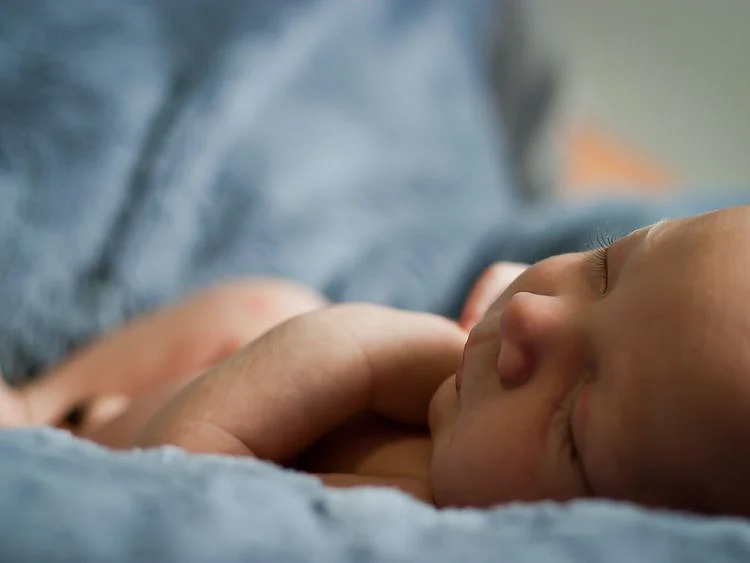Why the UAE’s new paternity leave decree is so significant
Recognising the importance of the father’s role in childcare is a landmark move

This August the UAE announced that it has become the first Arab country to grant paid paternity leave for the private sector.
Amendments to the Federal Law on the regulation of labour relations will see new fathers in the private-sector being granted a paid “Parental Leave” of five working days to care for their newborn infant, from the date of birth up to six months.
This is a ground-breaking move, putting the UAE not only ahead of its Arab counterparts but also streets ahead of Western countries like the US, where there is no guaranteed paid maternity leave, let alone paid leave for fathers.
Paternity leave benefits the whole family
Multiple studies show that paternity leave can have lasting benefits, not only for father-child bonding, but for mothers and for the parents’ relationship.
Research shows that children whose dads took paternity leave have reported feeling closer to their fathers than those whose fathers did not; even short periods of paternity leave have been associated with greater marital stability and reduced risk of divorce; while flexible leave for fathers has been shown to have a dramatically positive effect on maternal physical and mental health.
It’s not just about the father’s rights but also the child’s right to a father who is empowered to be as involved with the family as possible.
A study of four countries – the US, Australia, the UK and Denmark – found that fathers who had taken paternity leave were more likely to feed, dress, bathe and play with their child in the years after the period of leave had ended.
Meanwhile the Fatherhood Institute reports that dads who take paternity leave tend to be more involved in their children’s lives, their children tend to do better at school, the parents are happier together and more likely to share domestic chores equally, and the mothers are healthier and tend to earn more. The fathers themselves even live longer, with an 16% reduced risk of an early death. Literally everybody wins.
The importance for expat families
It is well documented by psychologists that the transition to motherhood is the most vulnerable period in a woman’s life, both in terms of mental and physical health.
A father who is able to be hands-on while both parents learn the ropes can support the mother at this delicate time, helping her to heal from the birth and supporting her with the establishment of breastfeeding – which has also been shown to have numerous positive benefits for both mother and child.
In a country like the UAE, where many expat parents are far from their family support networks, the supportive role of the husband and father becomes even more crucial.
Another step towards gender equality
Recognising the importance of the father’s role in childcare is a major step forwards for women as well as men – in fact, some feminists across the world argue that there should be mandatory paternity leave that men are obliged to take, in order to help level the playing field in the workplace.
This latest decree puts the UAE firmly at the forefront of gender equality in the Middle East, and adds to a list of progressive policies, including recent developments on equal pay for women in the workplace, paid breastfeeding breaks for new mothers, as well as legislation on on-site nurseries for government employees.
For the UAE to grant all private sector fathers a paid period of parental leave makes a powerful statement. It says: Fathers are important. Family is important. The bond between father and baby is important. It acknowledges that the role of a man is not just to provide for the family outside of the house, but to be caregiver too.
This new decree cements the UAE’s status as a family friendly country and, while there is still some way to go, it is an excellent step in the right direction.
Sign up for the Daily Briefing
Get the latest news and updates straight to your inbox
Network Links
GN StoreDownload our app
© Al Nisr Publishing LLC 2026. All rights reserved.